Search results
Search our library
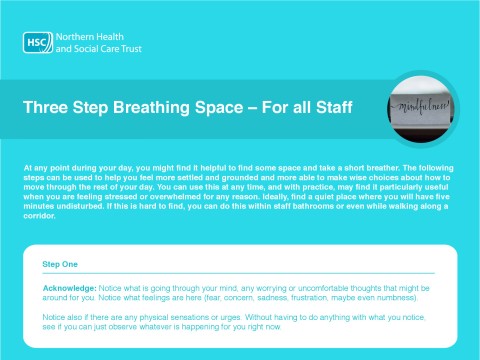 Document
DocumentAt any point during your day, you might find it helpful to find some space and take a short breather. The following steps can be used to help you feel more settled and grounded and more able to make wise choices about how to move through the rest of your day. You can use this at any time, and with practice, may find it particularly useful when you are feeling stressed or overwhelmed for any reason. Ideally, find a quiet place where you will have five minutes undisturbed. If this is hard to find, you can do this within staff bathrooms or even while walking along a corridor.
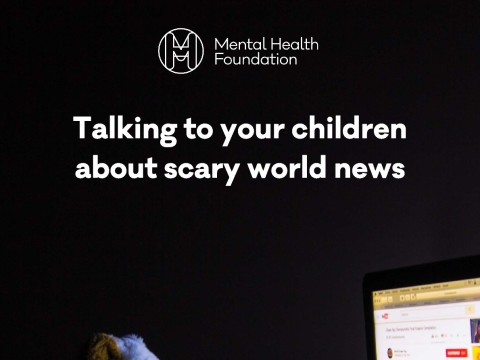 Document
DocumentNews is everywhere. In the digital age, it is no longer possible to control the news that we are exposed to or shield children from upsetting information. What you can do is help to minimise the negative impact it has on your children. You can do this through open and honest conversations at home, such as the tips below:
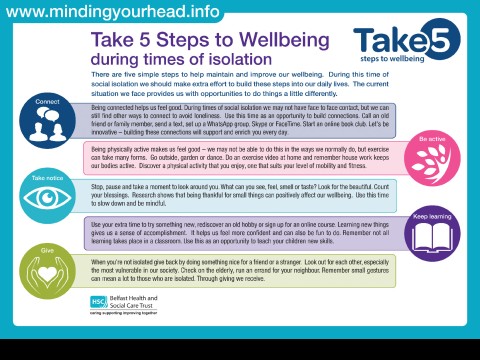
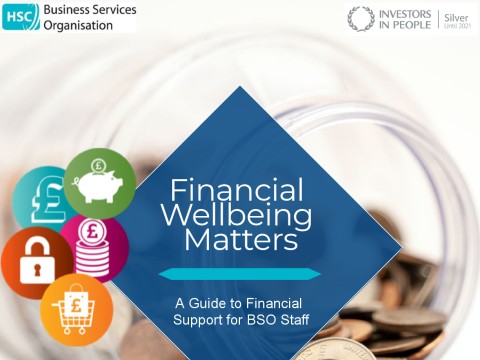 Document
DocumentBeing able to budget properly. Manage debts. Save for the future. Contribute to a pension. Absorb unexpected costs. Why it's important to your staff
What is Financial Wellbeing? Myths and Realities
Mental health - poor financial wellbeing is linked with higher levels of STRESS, anxiety and depression Sleep - 19% of employees report having lost sleep over their finances Concentration - 10% of employees reported finding it hard to concentrate or make decisions
What being financially healthy looks like
Having the knowledge to make informed financial decisions and understanding when and how to seek advice. Being free from financial stress and worry.
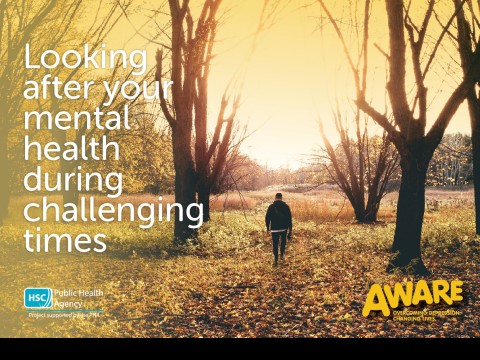 Document
DocumentThis resource has been produced by AWARE with the support of the Public Health Agency and complements AWARE’s Mood Matters Programme, although it may be used as a self-help resource. It can help your time during this period of uncertainty by giving you information on how to look after your mental health.
It will also help you recognise signs and symptoms of poor mental health and make you aware of sources of help.
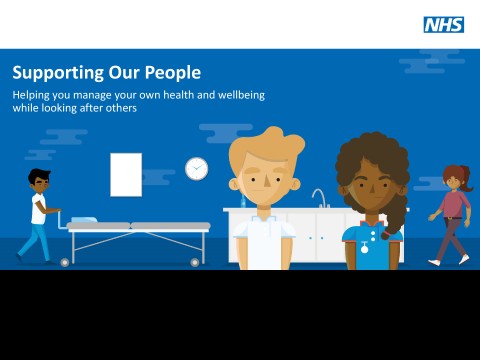 Document
DocumentHelping you manage your own health and wellbeing while looking after others.
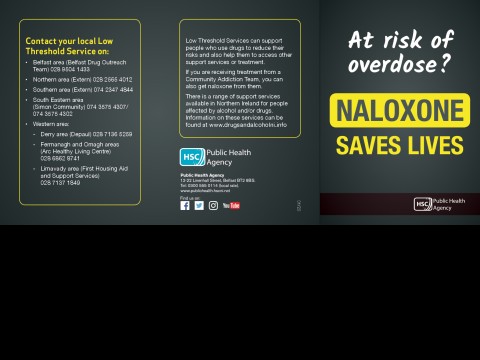 Document
DocumentWhat is naloxone?
Naloxone is a medicine that is used to
reverse the effects of opiate-type drugs
like heroin, for a short period of time.
Naloxone has been used for many years
in hospitals and by ambulance crews
as an ‘emergency rescue medicine’,
administered to people who appear to
have taken an opioid overdose.
When someone accidentally overdoses
on opioid drugs, their breathing can be
affected and this can lead to their death.
Naloxone can help restore the breathing
of the person who has overdosed, and
keep them alive until an ambulance
arrives.
Naloxone is injected into the muscles of
the outer arm or upper thigh.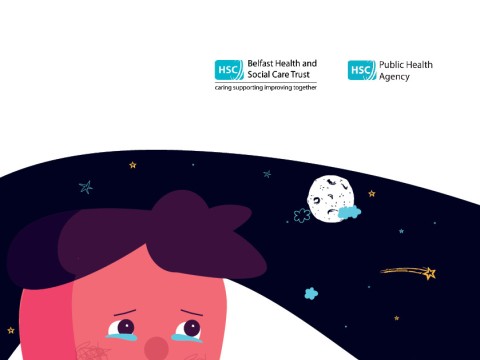
 Document
DocumentExperts have advised that parents of all children aged 5 to 11 years should be offered the chance to have their child vaccinated. Vaccination is particularly important for children who have health conditions that put them at high risk from COVID-19, as the benefits are greater
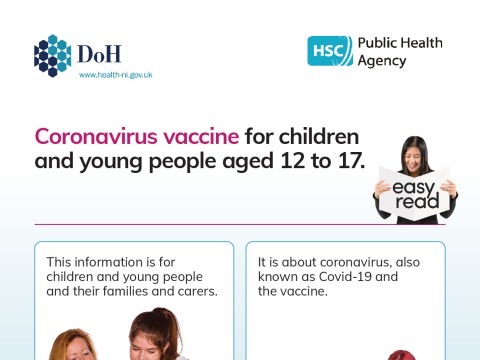 Document
DocumentAt-risk children and young people receiving the COVID-19 vaccine
Membership of the Regional Workforce Wellbeing Network
The Regional Workforce Wellbeing Network is led by Dr Sarah Meekin, Head of Psychological Services in BHSCT and the majority of the 17 Health and Social Care organisations in Northern Ireland are represented in this network. At the start of the COVID-19 response this network was tasked with supporting managers and staff with the development and delivery of psychological support services for staff working across Health and Social Care (HSC) in Northern Ireland.
- Belfast Health and Social Care Trust
- Business Services Organisation (BSO)
- Department of Health
- GP Federations in Primary Care
- Health & Social Care Quality Improvement Network
- HSC Healthier Workplaces Network
- HSC Leadership Centre
- HSCNI
- Independent Care Providers
- Northern Health & Social Care Trust
- Northern Ireland Ambulance Service
- Northern Ireland Fire & Rescue Service
- Pharmacy Forum NI
- Public Health Agency
- Royal College of Nursing
- South Eastern Health & Social Care Trust
- Southern Health & Social Care Trust
- Western Health & Social Care Trust